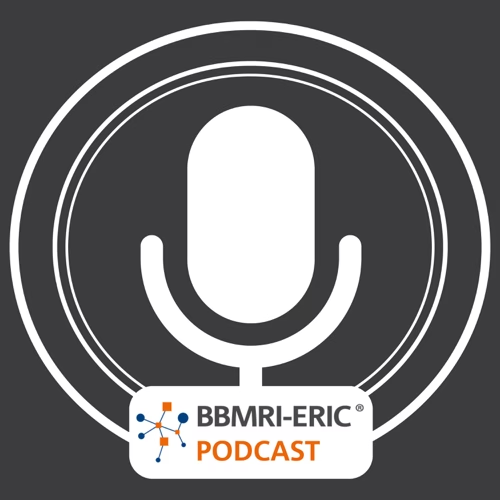
27 - ELSI Dialogues: The Nagoya Protocol applied to Biobanks
“It’s not a secret to anybody that the biodiversity is decreasing on all continents, and this implies a lot of important issues for the day-to-day life of human beings. For a sustainable use of the biodiversity and benefit sharing, the Nagoya protocol was adopted.”
(Melania Muñoz Garcia)
Sharing is caring. This also holds true for biological samples and data as resources for research. Episode 27 of the BBMRI-ERIC podcast explores how the Nagoya Protocol - an international agreement regulating collection, storage and sharing of non-human genetic resources - helps biobankers and researchers to distribute and utilise these resources responsibly, especially in times of globally decreasing biodiversity.
A key aspect of the agreement is the goal to share any benefits that arise from utilisation of these resources in a fair and equitable way between the country/institution that stores and provides the resources and those who use it. This promotes responsible use and fosters collaborations.
“Compliance with the Nagoya Protocol is not just a legal requirement, it's a powerful tool for promoting fair and equitable sharing of genetic resources.”
(Christian de Guttry).
In this recording of our latest ELSI Dialogues session in February 2025, three invited expert speakers joined host Ilaria Colussi, BBMRI-ERIC’s Data Protection Specialist, to share their knowledge and practical experience with the Nagoya protocol. Melania Muñoz Garcia (Leibniz Institute, DSMZ), Josephine Uldry (Swiss Biobanking Platform) and Christian de Guttry (Swiss Institute of Bioinformatics) describe the fundamental basics of the Nagoya Protocol and explore practical examples how the Nagoya protocol is applied in different countries and institutions.
Changes in daily practise have to go hand in hand with a change of the perception among researchers that compliance to regulations is a bureaucratic burden. In contrast, following the Nagoya Protocol’s guidelines supports ethical and reproducible science with genetic resources, with biobanks as crucial players.
You can also watch this and previous ELSI Dialogues sessions as webinar video recordings on our Youtube channel.
Further reading:
- The Nagoya protocol: https://www.cbd.int/abs/default.shtml
- The Nagoya protocol at the Leibniz Institute DMSZ website: https://www.dsmz.de/collection/nagoya-protocol
- Sharing nature’s genetic resources by the EC: https://environment.ec.europa.eu/topics/nature-and-biodiversity/sharing-natures-genetic-resources_en
- ELSI Dialogues on Youtube: https://www.youtube.com/watch?v=aZA1rVT75to
- ELSI services: https://www.bbmri-eric.eu/elsi/